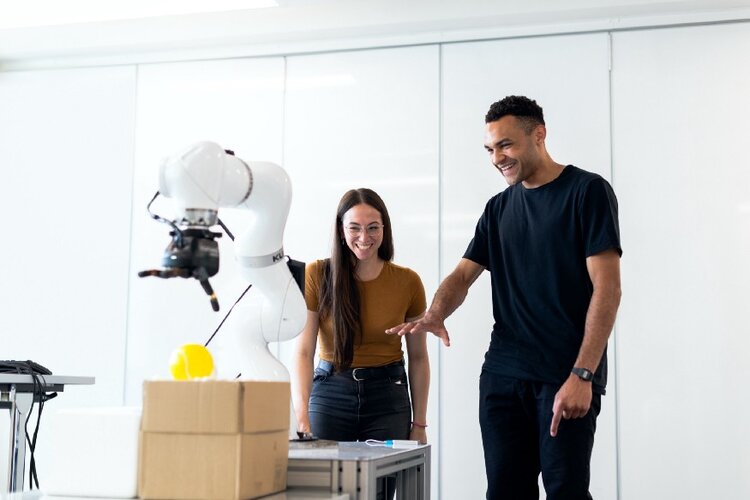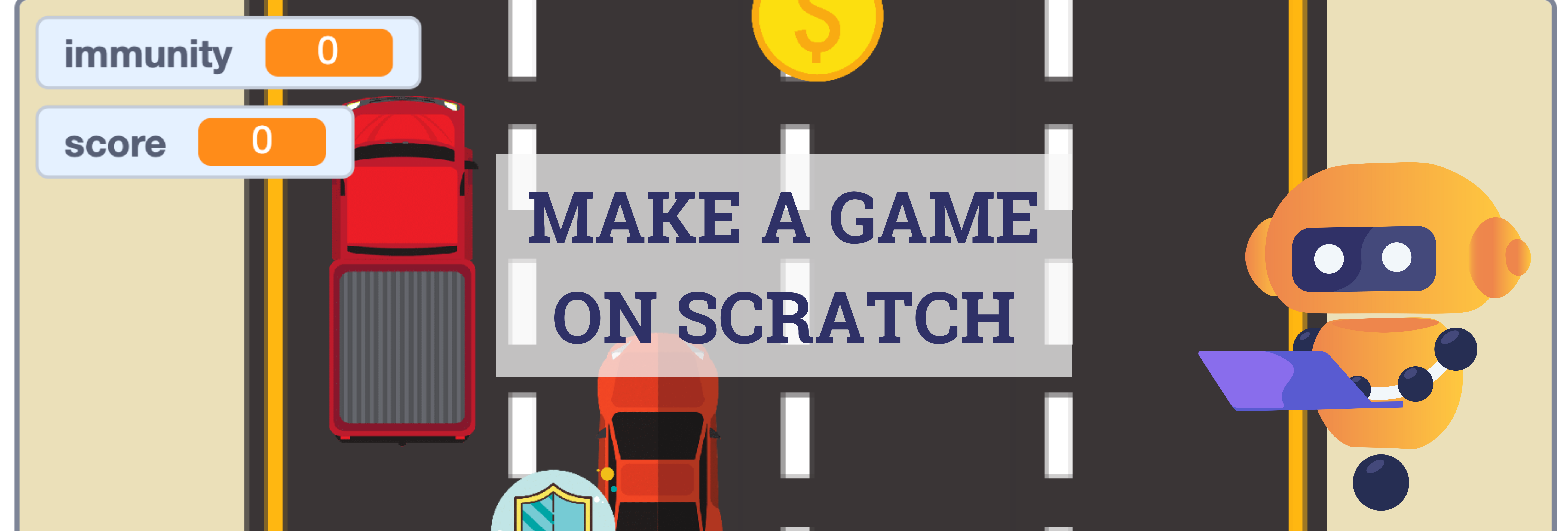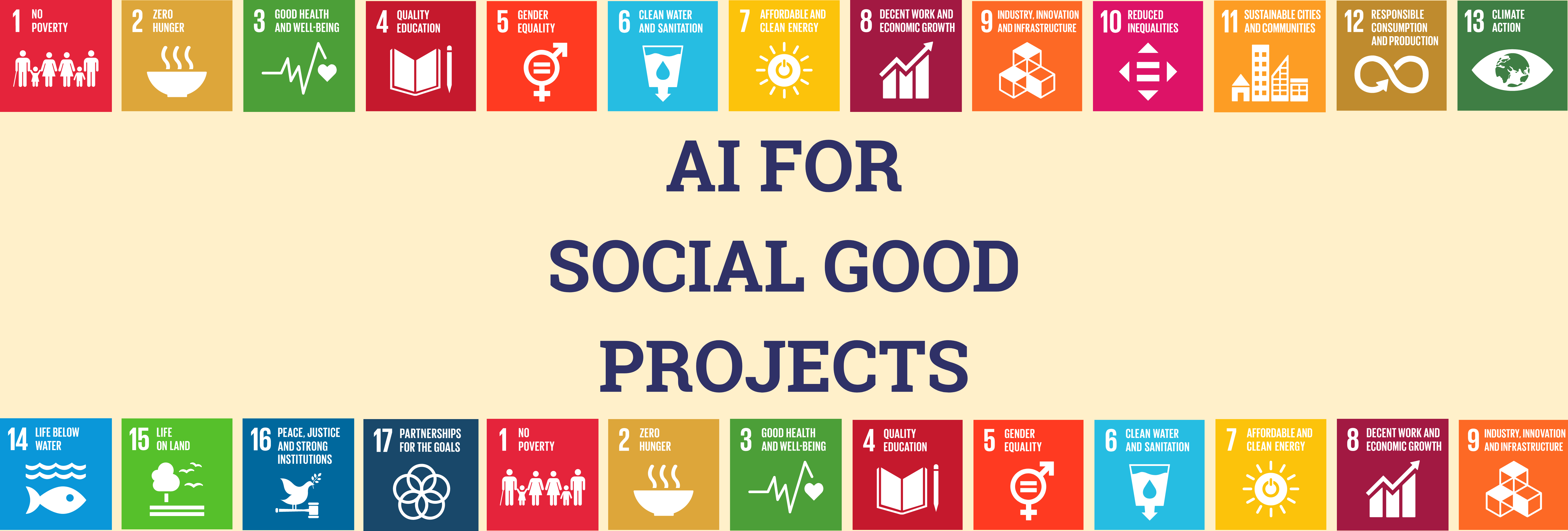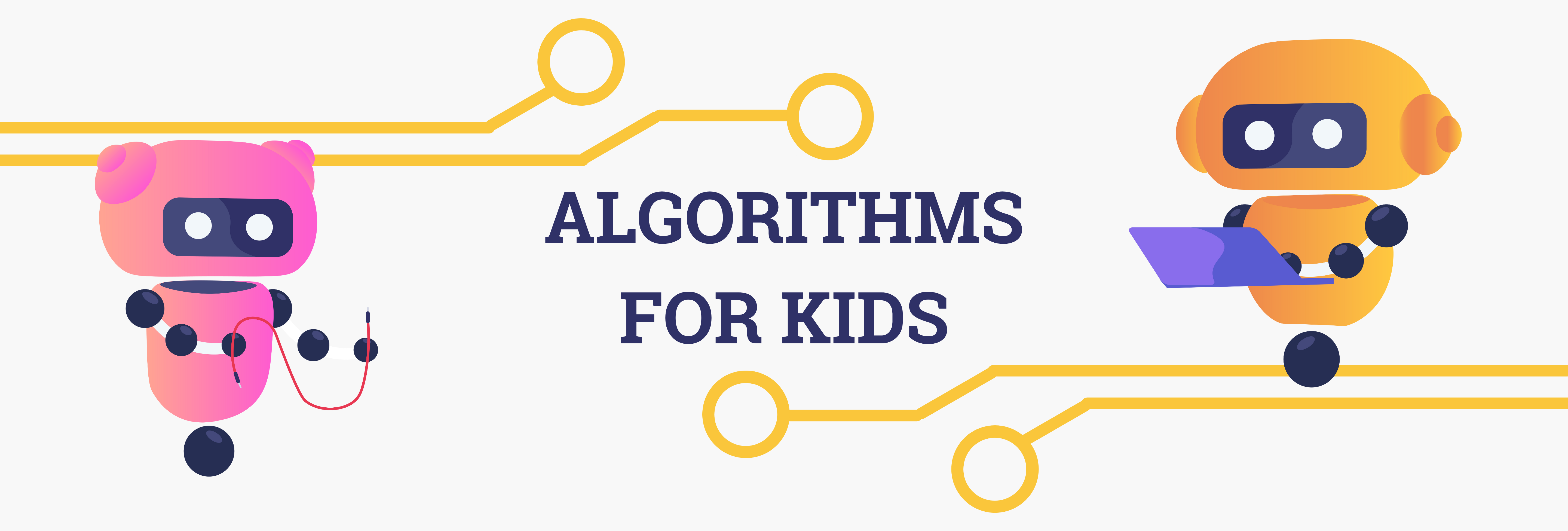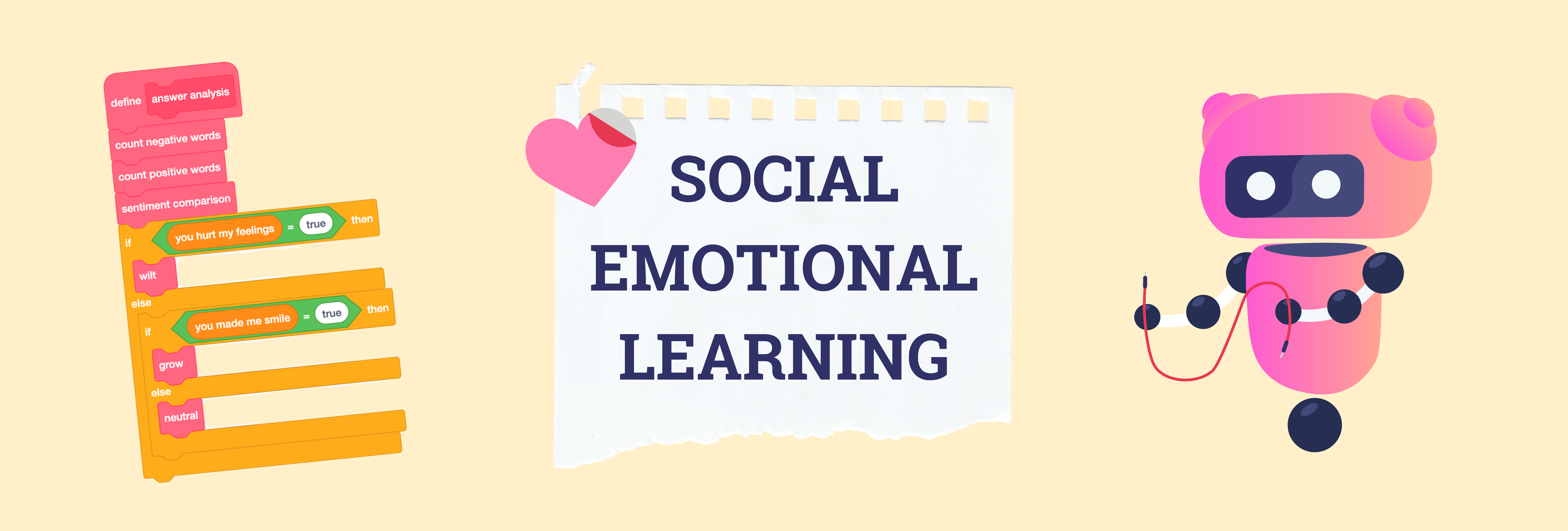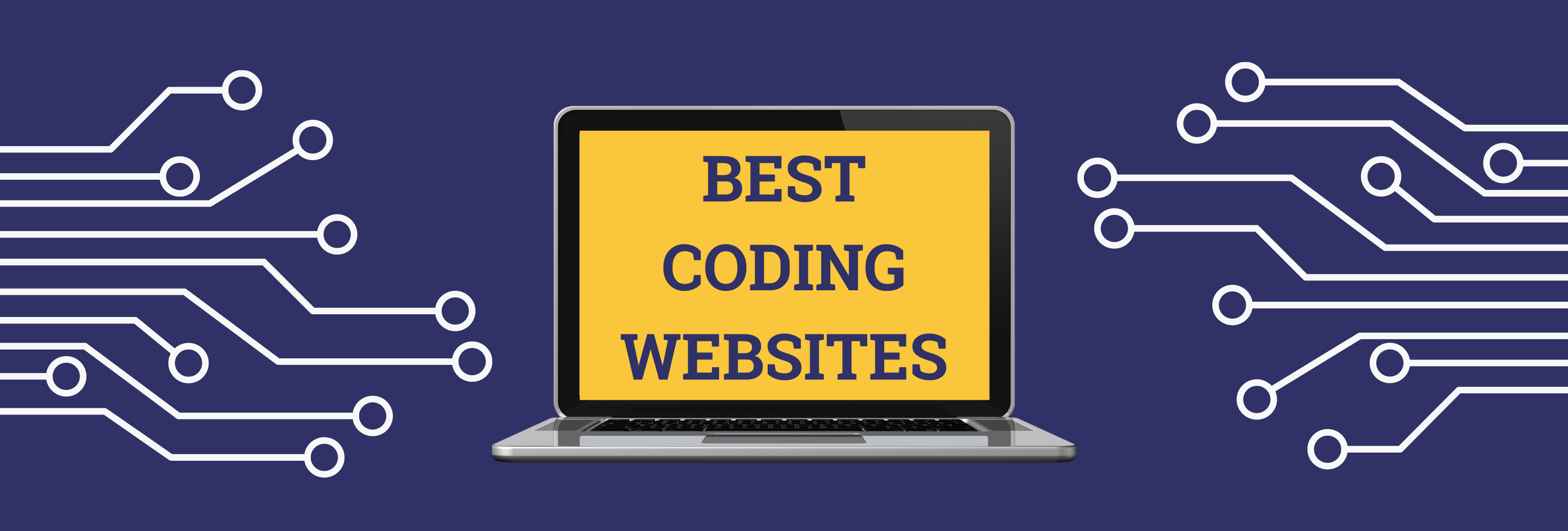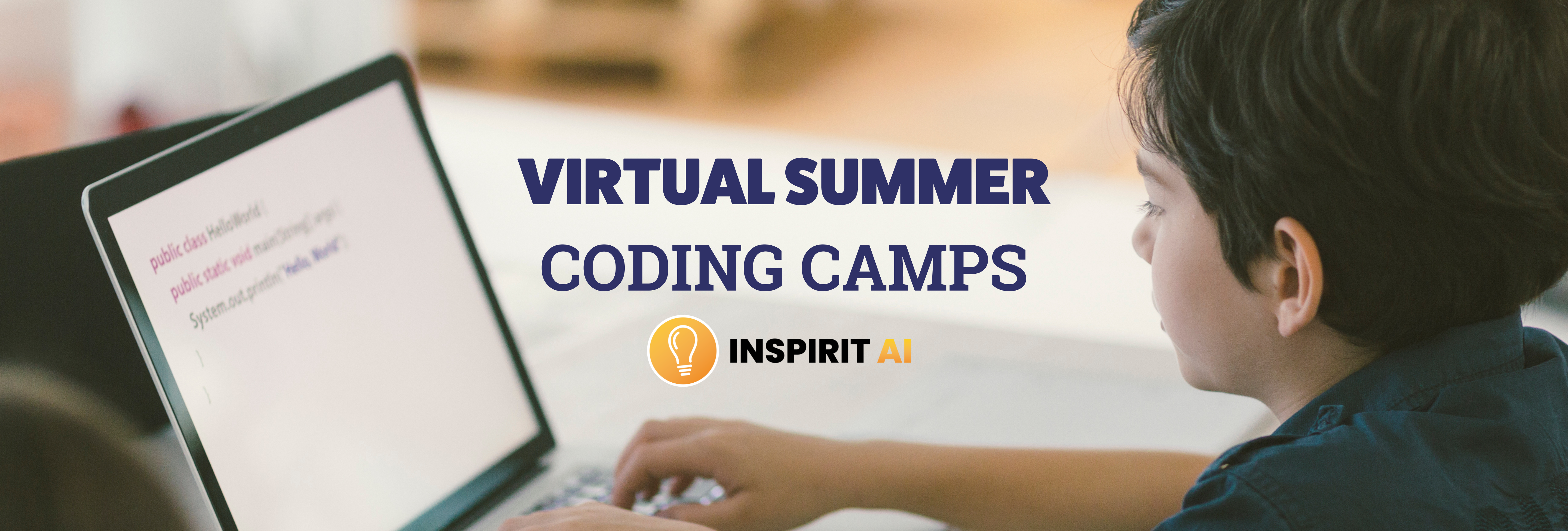Top 5 Reasons Why Every Kid Should Learn to Code
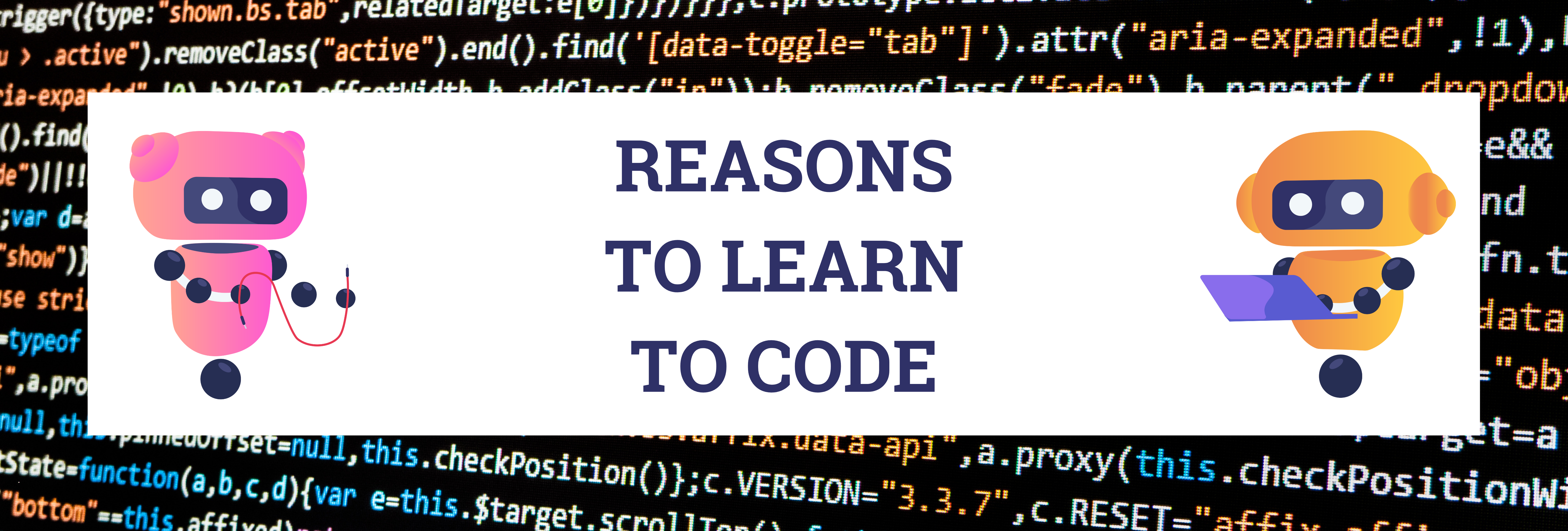
At Inspirit AI, we believe every kid should learn to code.
For decades, classrooms around the world have taught students skills like critical thinking, collaboration, communication, and creativity – the 4C’s of 21st Century Learning.
These 21st century skills prepare students for life outside of the classroom, including:
- Succeeding in the workplace in jobs that do not exist yet
- Applying ideas to solve complex problems
- Navigating the age of the Internet and social media
- And more!
With the rise of new technologies and careers, coding is a 21st century skill that stands out.
Beyond preparing students for future jobs, coding also helps foster a lifelong passion for learning.
Mitch Resnick, creator of Scratch block-based programming, said,
“When you learn through coding, [you’re] coding to learn. You’re learning it in a meaningful context, and that’s the best way of learning things."
Let’s take a look at our top 5 reasons why every kid should learn to code.
1. Coding teaches computational thinking skills
Learning how to code teaches kids computational thinking.
Computational thinking is another one of those 21st century skills that we hear about more and more in education.
But what exactly is computational thinking?
Computational thinking is “thinking (or problem solving) like a computer scientist” (CMU).
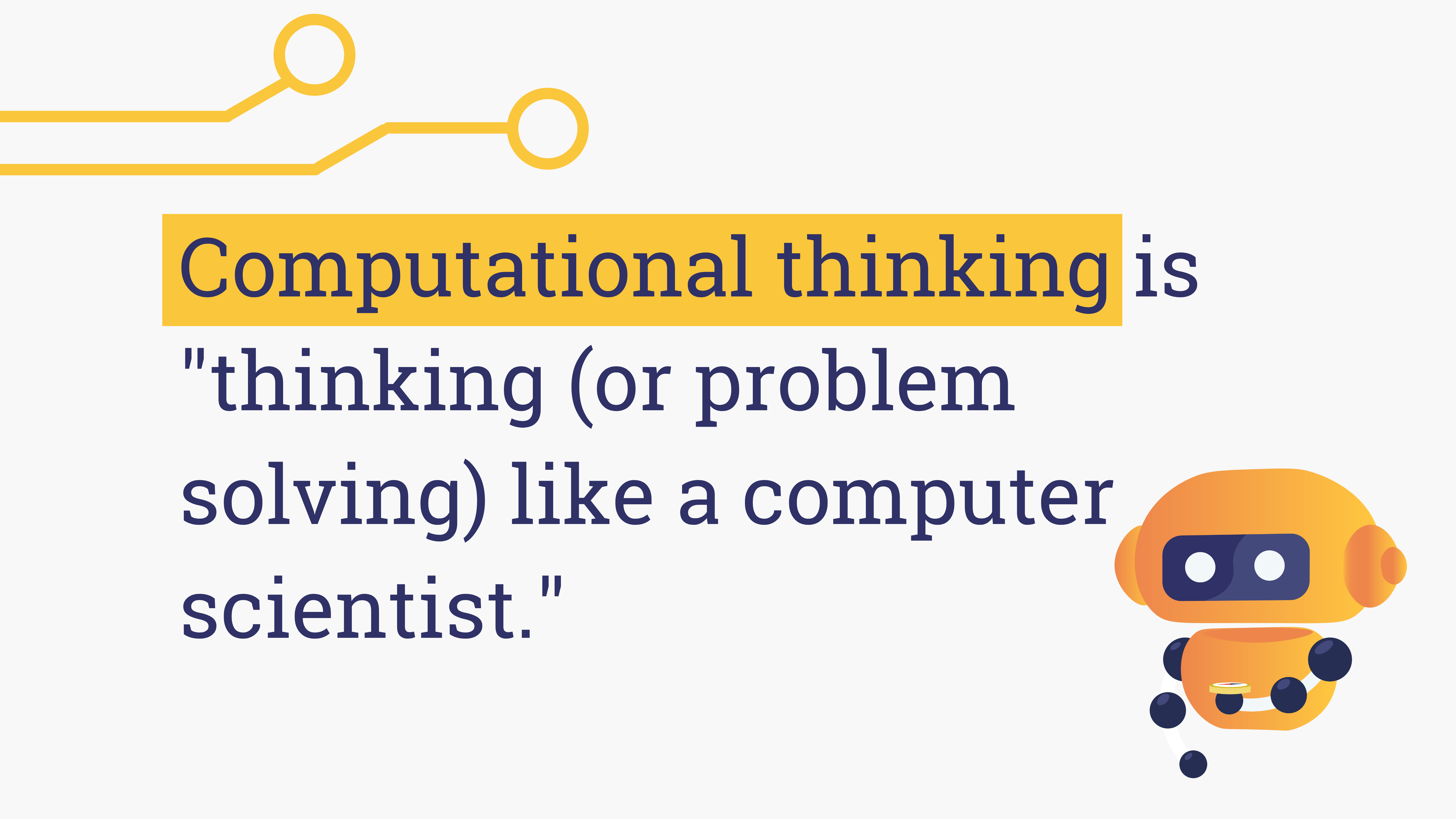
Computational thinking consists of breaking down problems into smaller steps or tasks – a skill that is useful in every discipline.
For example, lawyers use logic skills, like computational thinking, to break down arguments into smaller points.
Not all students will choose to become computer scientists.
But every student can apply computational thinking to their disciplines – from performing arts to healthcare to sustainability.
2. Coding teaches problem-solving skills
Coding projects always start with a problem – from programming a brand new idea to fixing a broken system.
In order to develop a solution, programmers must break down these problems into smaller, manageable tasks.
By learning how to code, students will be introduced to this critical part of the problem-solving process.

While kids are programming, they may encounter “bugs” (or mistakes) in their code.
Kids must then test their solutions until they work.
Students will try and try again.
And these problem-solving skills can then be transferred to solving problems in real life!
3. Coding supports social emotional learning
In addition to these critical academic skills, coding also supports students’ social emotional needs.
For example, coding helps kids develop perseverance.
While kids “debug” their code, they have to have patience to persevere.
Oftentimes, the first fix will not solve the problem, and students will need to repeat the debugging process until their code finally works.
Coding also helps kids build self-confidence.
While learning how to program, students will set goals and achieve them – a great strategy for promoting self-confidence!
4. Coding encourages kids to become lifelong learners
Lifelong learning is the “ongoing, voluntary, and self-motivated pursuit of knowledge” (mba.com).
Lifelong learners are curious – always reading new books, developing new skills, and discovering new ideas.
In education, we hope to foster a love of learning in students so that they will continue to learn beyond their years in school.
As our world continues to change more rapidly, kids need to become lifelong learners, ready to adapt and solve unexpected problems.
Learning to code provides kids with a toolkit to become lifelong learners.
5. Coding prepares students for all industries (not just tech!)
Coding skills are in high demand in the job market – and not just in the technology industry.
Artificial intelligence (or AI) is transforming our entire world, from technology to jobs to human interaction. For example:
- In healthcare, disease-detection AI systems can be used to diagnose if skin lesions are cancerous.
- In sustainability, AI can be used to efficiently place energy creating sources (like wind, solar, and gas) to combat climate change.
- In mobility, autonomous vehicles use sensors to detect their surroundings.
Computer scientists predict that artificial intelligence will be even more prominent in the future.
Coding will have a direct impact on every industry – not just tech!
By learning about AI at an early age, kids can better understand how to apply this tool to improve the world.
Why Every Kid Should Learn to Code
For these five reasons (and many more!), our team at Inspirit AI believes that every kid should learn to code.
- Coding teaches computational thinking and problem-solving skills.
- Coding supports social emotional learning
- Coding encourages kids to be lifelong learners.
- And coding prepares students for the future!
Everyone in this country should learn how to program because it teaches you how to think. - Steve Jobs
Now that we have shared why every kid should learn to code, you might be wondering: What’s next?
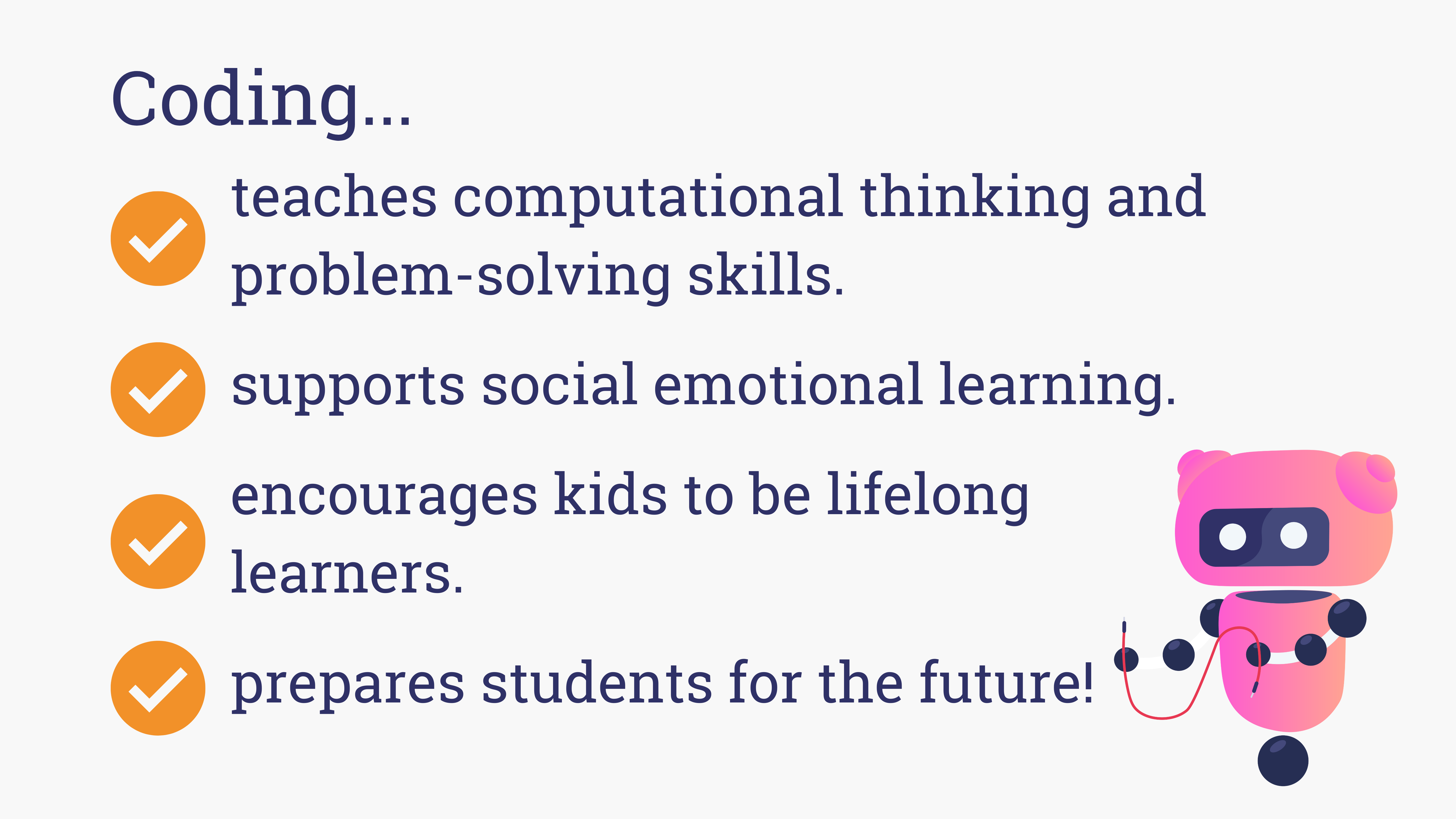
How to Get Started with Coding
We have some ideas for how kids can get started with coding.
- Scratch is a block-based programming language that can be used by students of all ages. Scratch is user-friendly, so it is a great programming tool for beginners. But it is still fun for more advanced coders too!
- Code.org is a nonprofit that encourages students around the world to learn computer science. They have plenty of resources on their website to help kids get started with coding!
- Inspirit AI offers online coding classes for students of all ages, developed by Stanford and MIT graduates. Learn more about our elementary school offerings here. Learn more about our middle school offerings here.
Thank you for reading this blog post about our top five reasons why every kid should learn to code! If you liked this blog post, you might also like our post with 5 coding project ideas for kids.

Meet our team here.



